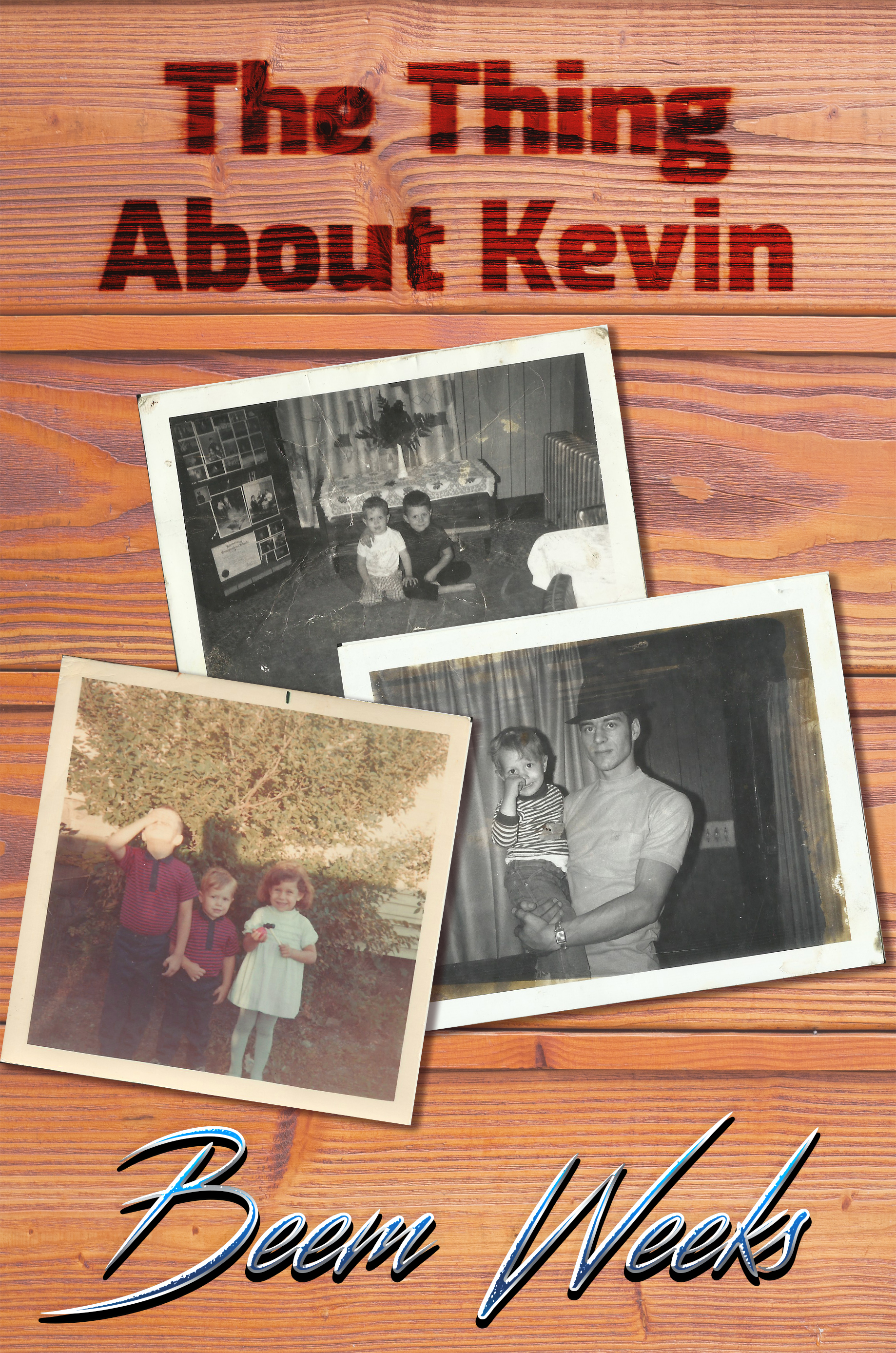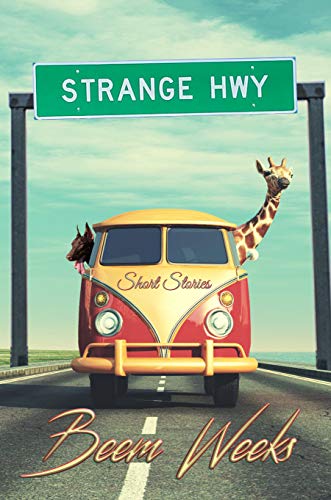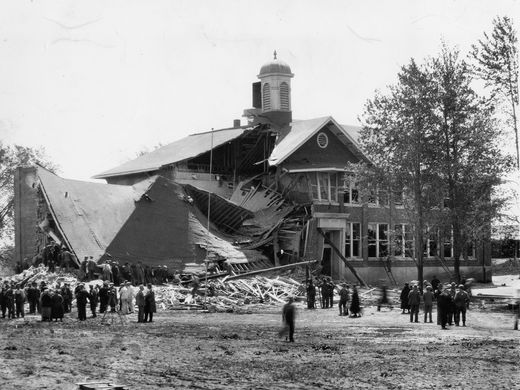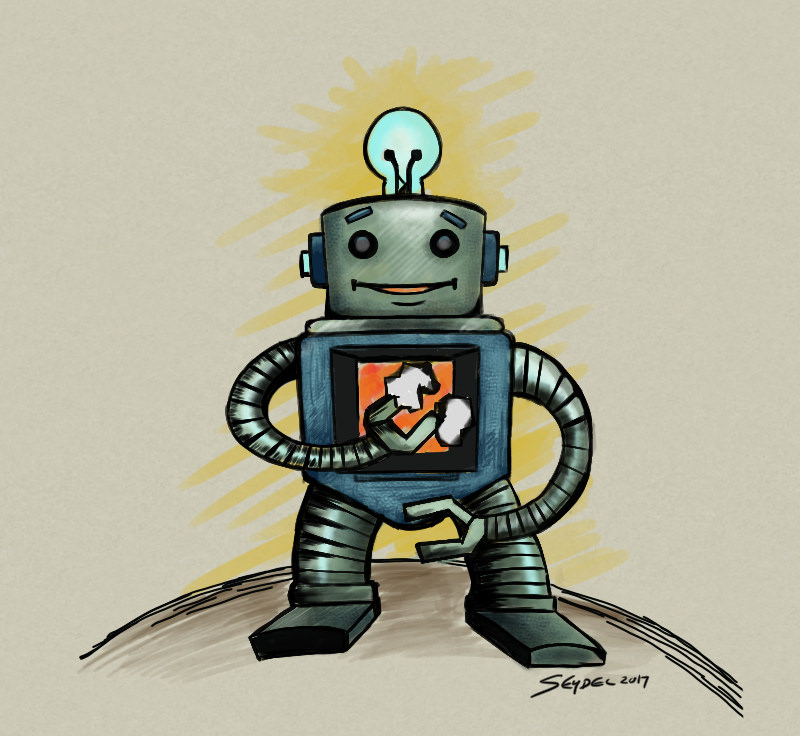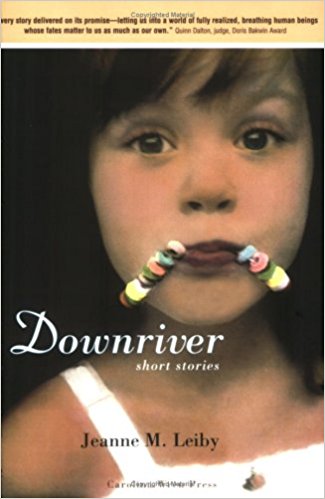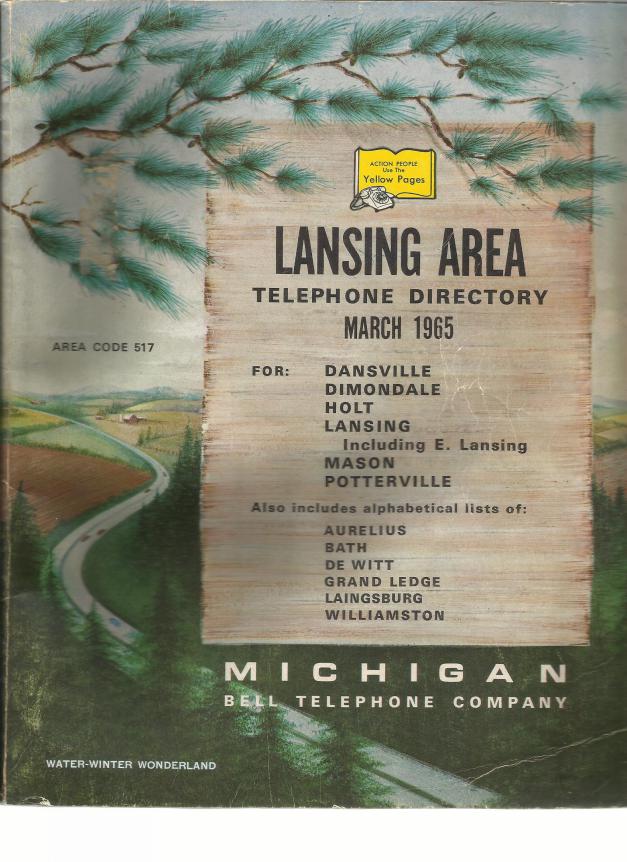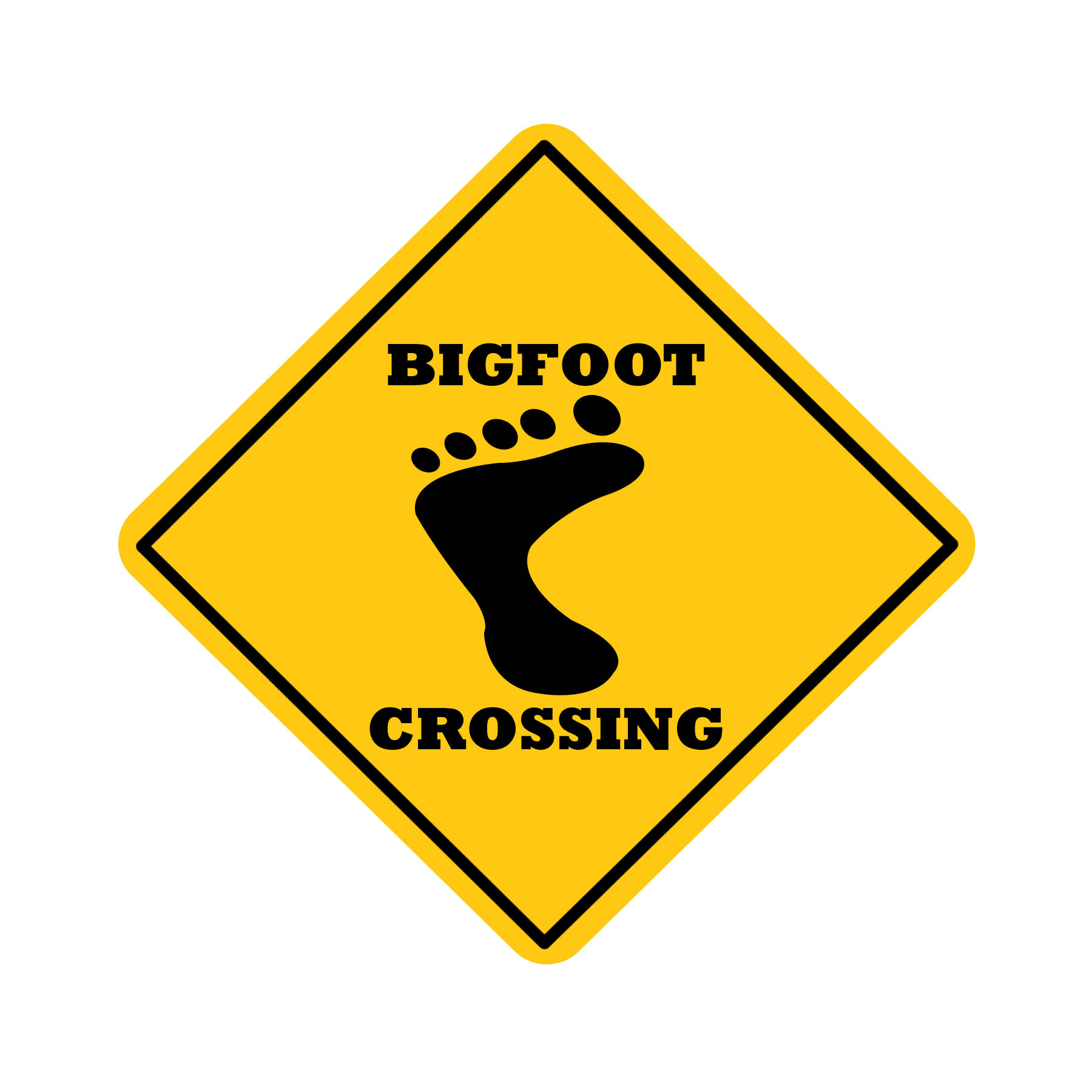Mr. Woodlick

I turned twenty one on October 18, 1977. Charlie Woodlick bought me my first legal taste of alcohol. He taught me how to drink it, as well.
“This is a single malt Scotch, Jimmy,” he said, setting the small glass in front of me. “Only take two ice cubes—more than that will water it down.”
My eyes absorbed the ambiance of the tiny neighborhood bar on Woodward Avenue in Downtown Detroit.
“You sip it,” Charlie explained. “Let it wash across the tongue. Don’t ever be a pig about it, Jimmy; gulping a great Scotch is a sin.”
I reached for the drink.
Charlie’s big meaty hand stopped me. “Let the glass sweat a little first.”
Half a dozen fellow patrons occupied seats along the antique oak bar. A television in the corner gave us a look at game six of the World Series: Yankees versus Dodgers. My beloved Detroit Tigers had finished another miserable season; I didn’t care who won this fall’s classic.
“Used to bring my late wife in here,” Charlie remembered. “Every Friday night we’d have a couple of drinks, play a few songs on the juke box, and every so often we’d have us a dance or two.”
I wouldn’t call Charlie old; I’d guess him to be my grandfather’s age. Today, he just looked older, grayer, maybe a little slower.
“When did she die?” I asked, meaning his wife.
“Back in sixty-five—the year before I moved in next to your family.”
My gaze settled on that glass aglow with its amber hue. “How long were you married?”
“Twenty years, I guess. I didn’t ever really keep track of time back in those days.”
“Bet you miss her, huh?”
“Naw.” Charlie slipped a Marlboro between his lips, snatched up a book of matches. “She was a bloodsucking bitch.” The orange glow of sudden match fire illuminated the dim space—but only for a moment.
Images flickered on the television screen. Fourth inning; Yankees outfielder Reggie Jackson hit the first pitch he saw from Dodgers pitcher Burt Hooton into the stands. A home run for Mr. October.
“Go ahead,” Charlie ordered, “pick up your glass.”
It came cool to my hand.
“Sip it,” Charlie reminded me.
A smoky taste found my tongue; a heat warmed my blood. I’d need time to acquire a fondness for this drink that brought Charlie Woodlick so much joy.
He asked about my girlfriend Gina—was I serious about her?
“She’s serious,” I explained, “but I’m not. I’m too busy trying to figure out how to pay for next semester’s tuition. Wayne State isn’t cheap.”
Charlie knew my situation. He’d helped where he could after my father died.
A second sip from my drink set me in a relaxed mood, chased away the worries from inside my head.
“Scotch is a man’s drink,” Charlie opined. “I won’t mess with anything else.”
The fifth inning came around and Reggie Jackson was at it again on the TV. This time he took the first pitch he saw from Elias Sosa deep. A two-run shot. Chants of Reg-gie! Reg-gie! Reg-gie! rained down from the Yankee Stadium faithful.
Charlie shifted on his stool, pulled a sip from his glass, and stubbed his spent cigarette into the ashtray. Notions of the worrying sort wandered through his head, left him with a faraway visage.
I didn’t mean to pry, what with Charlie being a private person and all; the words just came out. “Is something bothering you, Mr. Woodlick?”
Roy, the old man behind the bar, brought the bottle. “You ready for another, Charlie?” he asked.
Charlie waved him off, waited until Roy had moved on to another customer down the line. “Jimmy,” he began, “did I ever tell you about the time I killed a man?”
He hadn’t. I’d have certainly remembered a story about a killing. Charlie had a million stories and I could easily recall most of those he’d shared with me.
“Was it an accident?” I asked.
Charlie’s head wagged side to side.
“Bet it happened in the war, huh?
“No, Jimmy. I never served.”
I couldn’t see my neighbor as any kind of cold-blooded killer. It just didn’t fit the person I’d come to know over the last ten years.
“I shot and killed a bank guard during a robbery back in thirty-four,” Charlie Woodlick confessed.
A low hum filled my head, blocked out the word selection I desperately needed to peruse.
“How much time did you get?” I asked, finally getting my thoughts around a loose sentence.
“Never got caught.” His gaze slipped easily from his near-empty glass and fixed on me. “It was him or me. I didn’t think it should be me on that day.”
The warmth from the Scotch had me in a good place. I pulled down on another sip, sent a few words in his direction. “Does anybody else know?”
“The FBI—but they’re looking for Robert Coppleman, not Charlie Woodlick.”
“Did your wife know?”
“She knew.”
“Why tell me?”
Charlie’s grin brought back the old man whose lawn I’d mowed throughout my high school years. “I want you to turn me in.”
I lifted my glass, committed sin-by-gulp, drained it to the dregs. “Why would you want me to turn you in?”
Cancer, he explained. Pancreatic. The worst possible outcome.
Charlie Woodlick would be dead inside of six months.
My hand took on a notion of its own, flagged old Roy and his bottle to my end of the bar.
“Why would you want to die in prison?” I asked once Roy moved on.
“There’s a reward, Jimmy. Ten grand, it was, back in thirty-four. It might be more—what with it being forty-three years between then and now. It’ll help you and your mother.”
I said, “You’re just looking to ease your conscience.”
“I’m trying to help you out. Look, somebody ought to claim that money. Why shouldn’t it be you?”
“And you?” I tried to reconcile this man with the one Charlie just introduced me to. Pieces just didn’t fit—no matter how hard I tried to force them into place.
“I’ll be gone before it gets to trial.”
Charlie Hough came at Reggie with a knuckler in the eighth inning. That, too, found the seats. Three home runs in a single World Series game! Not since Babe Ruth…
“I’ll have to think it over, Mr. Woodlick,” I said, sliding off my stool.
Outside on the street the cool October air dulled my buzz.
I buttoned my coat against the night.
I never again set eyes on Charlie Woodlick.

